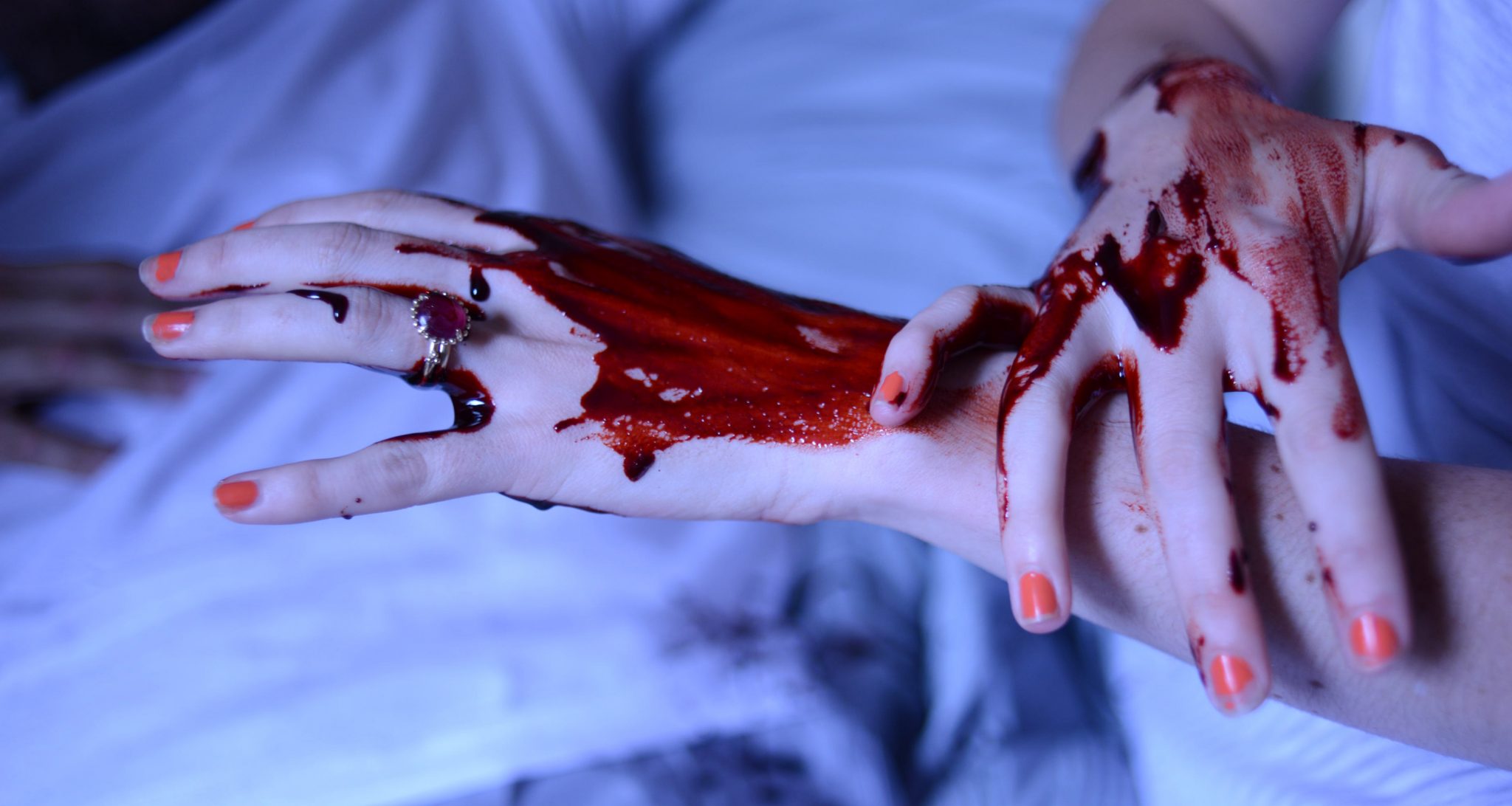When devising his latest play, The Macbeths, did director Dominic Hill consider the phrase “lesbian bed death” and think, “what a novel idea for the reimagining of Macbeth?” Probably not, but it makes as much sense as any other rationalisation of this play’s existence.
The actors are great: Lucianne McEvoy is a great Macbeth, wonderfully accompanied by Charlene Boyd, who is as captivating as she is beautiful (which is very). She acutely conveys a woman losing her mind; her Lady Macbeth gives “All the perfumes of Arabia will not sweeten this little hand” the faux-childish pout of a woman who has cracked and reverted to some cutesy-woodsy archetype, despite having recently been so ferocious. She adds depth to every line.
What is striking, however, when the mechanics of Macbeth (Banquo’s ghost, the witches, Burnham Wood etc.) are stripped back, is just how critical to the play’s success these features are. In The Macbeths, all that remains are the titular couple and some baffling prop choices. The entire set comprises one manky bed and some fairly minimalist lighting.
Is this clever? Some audience members, like myself, may spend much of the play’s duration wondering if they are missing something – something other than the supporting cast. If the play intends to convey a sense of claustrophobia, it succeeds, but for what purpose? We go out to get out: not to feel stuck inside, somewhere else. Moreover, what sense does it make to talk about being Thane of anywhere when you’re just rolling about a bed, pulling your grey jammies on or off to symbolise the passage from night to day? Why kill to be King, or goad your husband to do so, when you’re just in the same room, on the same crappy bed? With nothing in the original text to support this creative decision on Hill’s part, there is also little sense in the two actors violently attacking each other before us. Justification is needed to explain the characters’ behaviour and the staging chosen; regrettably, none is offered.
If there is indeed a greater meaning behind The Macbeths, then it is lost on those in tonight’s audience. For those hoping that the play might cast light on the original will instead find that this staging doesn’t show Macbeth in a new light, so much as with reduced visibility.
